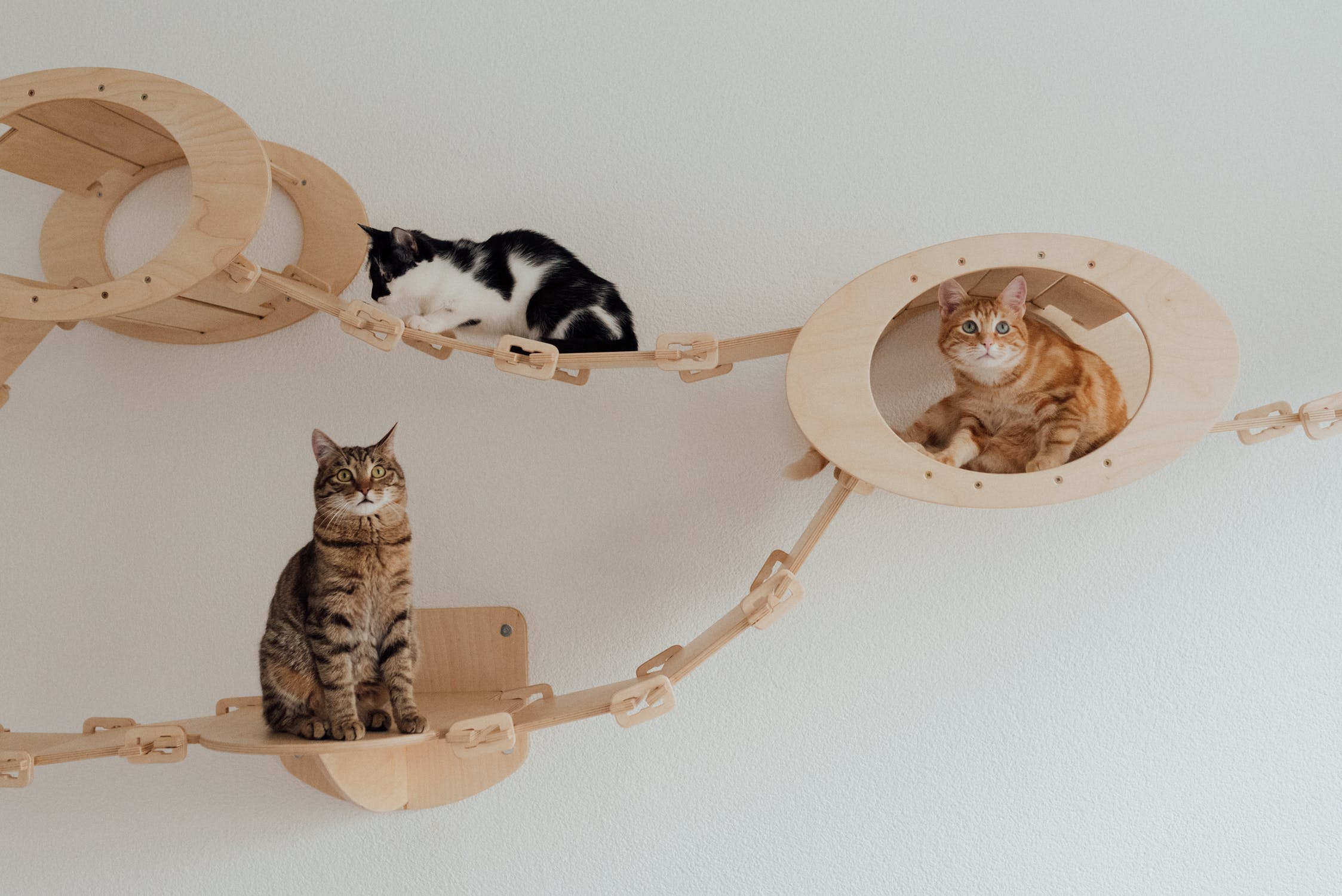
If you’re an animal lover, it’s hard to stop at just one animal. After the first, you just want more and more. In fact, you might have opened your heart to dozens of animals, maybe hundreds, particularly those rescued from challenging situations. Before you know it, you’ve transformed your house into a menagerie.
Schedule All Your Essential Daily Activities
The first step is to schedule all your essential daily activities. These include things like cleaning out habitats and litter trays, and providing animals with fresh food and water. Depending on the species, you may be able to get all of this done during a single time block in the morning. However, some species may require additional attention in the afternoon and evening, so you will need to factor this into your strategy. Once you’ve got a daily schedule set up, you’ll then need to schedule weekly and monthly tasks, too, using the remaining time available. You’ll also want to leave some flexibility in your timetable so that if you can’t perform certain tasks on a particular day, you can do them on others.
Register As A Charity
If you are rescuing animals and you have a lot in your care, register as a charity or a business. This way, you may be able to avoid certain taxes. For instance, find out if wholesale parrot food suppliers in your area are willing to provide you with the bird food that you need. Discounts may be 20 percent or more, saving you substantial sums of money over time. Once you register as a charity, you can also canvas for donations. People in your community may be willing to subsidize your efforts (although you’ll still need to shoulder the lion’s share of the costs).
Partner With A Vet
If you keep a lot of animals, statistically, some of them will develop health problems. And when they do, you need someone you can go to quickly. Therefore, it’s a good idea to work closely with a vet in your local area. Tell them what you are doing, and why you are doing it, and ask them whether they would be willing to take the project on. Make sure that they have skills in dealing with the type of animals you own, including exotic pets. In many cases, if they expect a lot of business from you, they will be willing to offer discounted rates. They may even work pro bono in some instances.
Keep Records And Get Insurance
Lastly, make sure that you keep careful records of any donations you receive. If these go towards charitable work, you can exempt them from taxation. Furthermore, take out insurance on your animals and liability insurance if you regularly entertain people in a professional capacity on your property. You don’t want the law to punish your good deeds.





